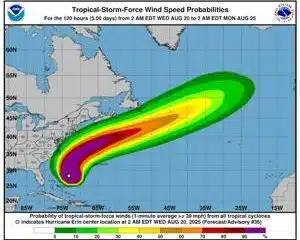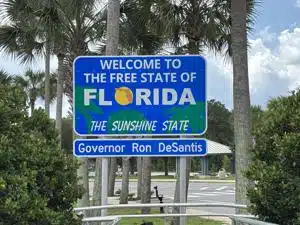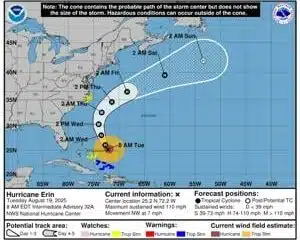(The Center Square) – Democrat Allison Riggs is going to retain her seat on the North Carolina Supreme Court, ending the nation’s last undecided race from the Nov. 5 election.
On Wednesday morning 184 days since Election Day, Republican Judge Jefferson Griffin said he would not appeal the ruling of a federal judge instructing the State Board of Elections to certify the results. Riggs, the incumbent, will win by 734 votes from more than 5,540,090 cast.
The state board was meeting at the time of Griffin’s concession announcement; it did not take action.
Chief Justice Richard Myers, presiding in the U.S. District Court for the Eastern District of North Carolina Western Division, on Monday ruled the state board “shall not take any action in furtherance of the North Carolina Court of Appeals and Supreme Court’s orders.” He issued a stay of seven days to allow Griffin time to appeal if he so chose.
The race drew in more than $2.3 million in donations to the two campaigns.
On Election Night, with 2,658 precincts reporting, Griffin led Riggs by 9,851 votes of 5,540,090 cast. Provisional and absentee ballots that qualified were added to the totals, swinging the race by 10,585 votes.
Board of elections decisions and court rulings – Wake County Superior Court, state Court of Appeals and Supreme Court, and 4th U.S. Circuit Court of Appeals – had pared that initial number down to somewhere between 1,675 and 5,700 for the most recent decision by Myers.
The protests the state board denied included registration records of voters, such as lack of providing either a driver’s license number or the last four digits of a Social Security number.
Other ballots protested and denied by the state board included voters overseas who have never lived in the United States, and for lack of photo identification provided with military and overseas voters. Myers’ ruling was the final blow to these protests.
Griffin was trying to become the sixth Republican in a row to win a seat on the state’s Supreme Court. Democrats held a 6-1 edge going into the 2020 election and lost three state Supreme Court races, reducing their advantage to 4-3. In 2022, Republicans won both races to gain their 5-2 majority.
The Supreme Court bench has historically been both nonpartisan and partisan. The General Assembly, under majority Democrats, changed the bench to nonpartisan for the 2004 election cycle; Republicans, in majority, changed it back after the 2016 election cycle.
Riggs was recused from all actions involving the state Supreme Court. She remains seated until the election certification is given by the state election board. Griffin is a judge on the state Court of Appeals and was recused from all actions there as well.
Riggs’ win will be her first judicial election triumph and as an incumbent no less, appointed by then-Gov. Roy Cooper nine months after he had appointed her to the Court of Appeals following her 14-year stint with the Southern Coalition for Social Justice.
Griffin earned his eight-year seat on the appellate bench with a 2020 win over Democrat Chris Brook. He had lost two years earlier to Toby Hampson in a three-way race that included two Republicans.






















































